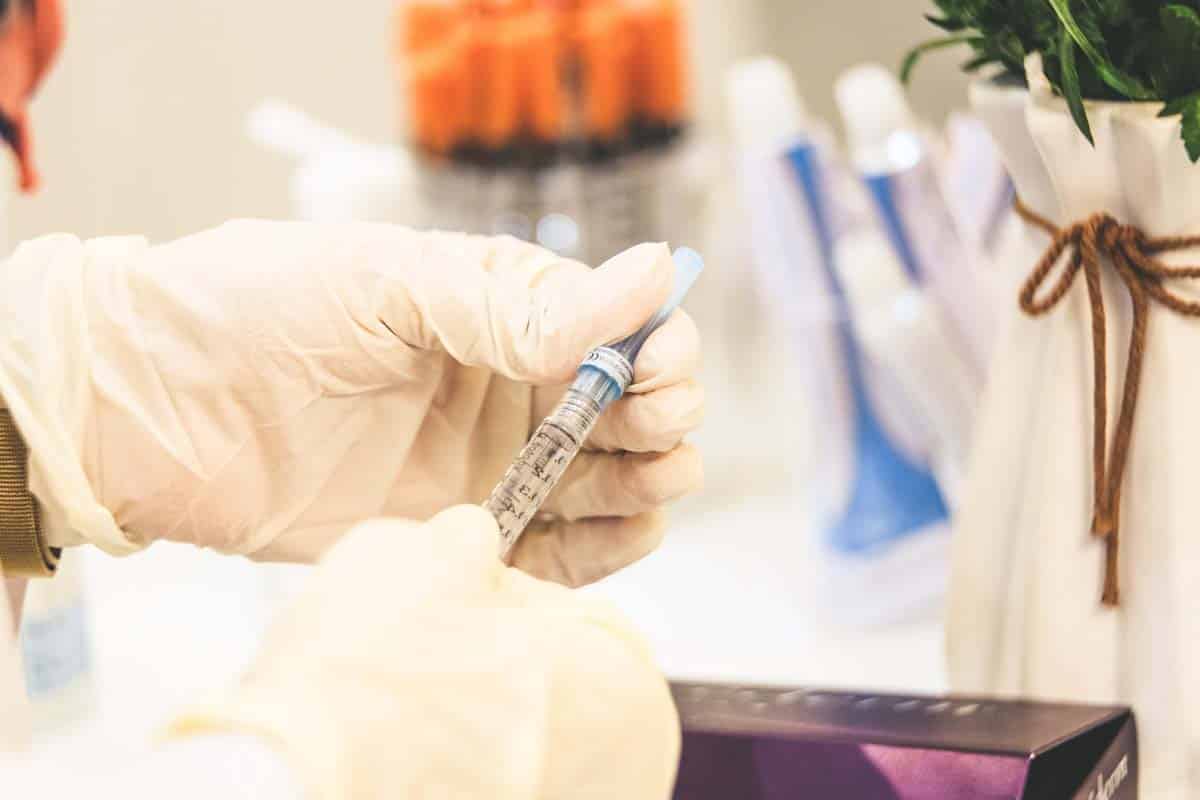Anabolic steroids are drugs that mimic the effect of testosterone. They are used to increase muscle mass and reduce fat. Anabolic steroids can have many other side effects because they affect hormone levels. Steroids can also cause addiction. This blog post will discuss how addictive anabolic steroids are, their impacts on brain function and behavior, and whether or not they lead to physical dependence.

How do Anabolic steroids work?
Anabolic steroids are drugs that mimic the effect of testosterone. They increase muscle mass and reduce fat, but anabolic steroids can have many other side effects because they affect hormone levels. Steroids work by binding to a cellular receptor on muscle cells called AR (androgen receptor).
Are Anabolic Steroids Addictive?
Many people who take steroids want to quit and find it difficult. There is evidence that some types of steroid abuse can lead to addiction. This has been seen with high doses taken for long periods of time or when users share needles with others which increases the risk of infection like HIV/AIDS or hepatitis C virus (HCV).
It’s not clear whether all steroid abusers will become addicted; most do not, but some do. Once someone is addicted to anabolic steroids, they will likely continue taking them despite negative consequences such as health problems, financial difficulties, and legal issues.
What are the Impacts of Anabolic Steroid Addiction?

Anabolic steroid addiction can have a significant impact on brain function and behavior. When someone is addicted to steroids, their brain chemistry changes, and they may experience mood swings and aggressive or violent behavior. They may also become very paranoid and have difficulty thinking clearly.
This can lead to problems with relationships, work, and school. The physical dependence on steroids can also develop; when people stop taking them abruptly, they may experience withdrawal symptoms such as fatigue, nausea, diarrhea, muscle aches, and insomnia.
Should you worry about Anabolic Steroid Addiction?
While anabolic steroid addiction is not common, it’s essential to be aware of the risks. If you are taking steroids and find it difficult to quit, or if you experience mood swings, aggressive behavior, or other adverse side effects, it’s important to seek help. There are many treatment options available for people with anabolic steroid addiction. For more information on how to get help for anabolic steroid addiction, please visit our website.
Impacts of Anabolic Steroids on the Mind and Body

Anabolic steroids affect levels of dopamine in the brain, which is a neurotransmitter that helps control movement. Most people increase dopamine production to improve mood and reduce stress. However, anabolic steroid abuse can alter how dopamine works in some ways. For example, one common side effect is that it affects dopamine levels in the brain, which can impact mood and behavior.
Some common mental effects of steroid abuse are depression, anxiety, aggression, anger, delusions or psychotic episodes (e.g., paranoia), hallucination (particularly auditory hallucinations), as well as insomnia or fatigue due to overuse/overdose. Abuse also commonly leads to changes in eating habits – some people binge eat while others reduce how much they eat significantly. Steroid users may mix drugs together for a stronger high, but this increases their risk of dangerous side effects like organ damage; many who overdose die from heart failure.
Addiction & Dependence Risks Associated With Anabolic Steroids Use
Addiction happens when you feel like you need a drug to function normally. You may feel like you can’t cope without it and start relying on the drug to feel good or avoid feeling bad. Dependence means that your body has become so used to having the drug in its system that it now requires it just to function normally.
People who abuse anabolic steroids are at risk of developing both an addiction and dependence on them. When people become addicted, they will likely do anything possible to get their hands on more steroids, including lying, stealing, or cheating. If someone is dependent on steroids, they may find it difficult to stop using them even if they want to – their body may have become so reliant on the drugs that it won’t be able to function properly without them.
Anabolic steroids are addictive and can have serious impacts on the mind and body. If you or someone you know is using them, it’s crucial to get help before it’s too late. Contact a local addiction center for more information.
What to do if you suspect addiction?
If you are worried that someone you know is addicted to anabolic steroids, there are a few things you can do:
- Talk to the person about your concerns. Let them know that you think they may have a problem and that you want to help.
- Encourage the person to seek professional help. There are many treatment options available for people with anabolic steroid addiction.
Stay supportive and positive. Recovery from addiction is a complex process, but it is possible to succeed with support from family and friends.

